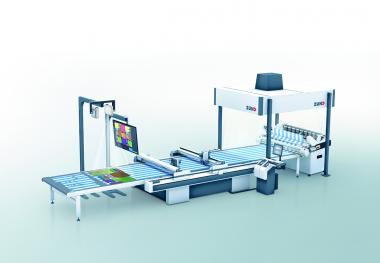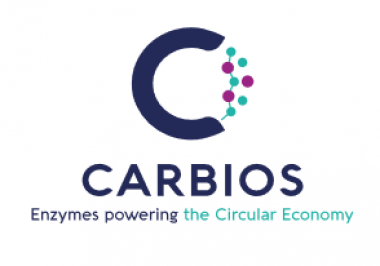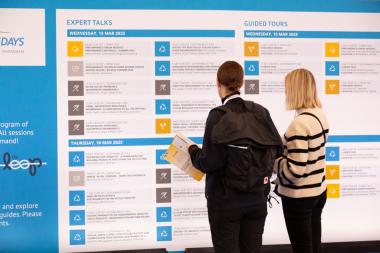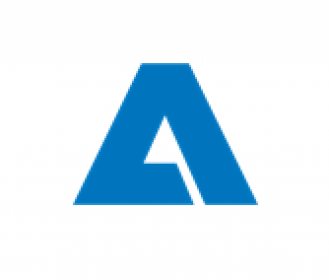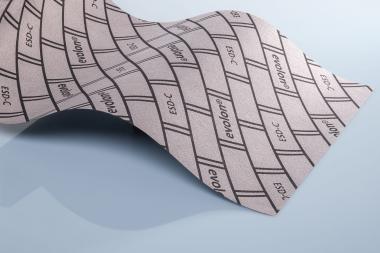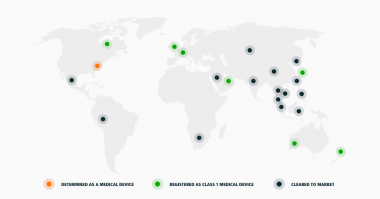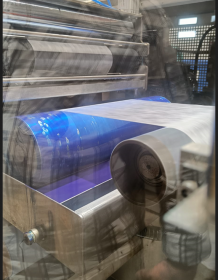ITMA 2023: Zünd presents digital single- ply cutting
At ITMA 2023 in Milan, Zünd is focusing on the advantages of digital single-ply cutting in modern garment production.
At the show, Zünd will demonstrate the advantages of individual cutting on demand and what benefits single-ply cutting of textiles offers. In the course of digitalization, the market environment of the apparel industry has changed. Producers are responding to increasing digitalization and ever-shorter product life cycles by investing in lean and highly automated production workflows. Solutions from Zünd supported process streamlining from ordering to cutting while minimizing manual interventions.
Zünd's single-ply cutters are the cutting tools in digitized production, offering manufacturers flexibility and profitability. Intelligent automation functions, optical solutions and software tools facilitate resource optimization, keep an eye on material consumption and support employees who can turn their attention to value-adding activities. With digital single-layer cutting, manufacturers speed up their cutting and expand their production capacities at the same time. They can accept orders at very short notice and easily meet delivery times thanks to highly economical and efficiently scalable on-demand production. Peaks in demand can be easily managed.
Zünd cutters give users new flexibility in their production workflow. He can work with complex motifs, demanding textiles and different shapes. The cutting technology enables the apparel industry to produce highly individualized customized garments in small batches and on demand just as economically and efficiently as in high volumes. It can process and handle more orders in less time. At the same time, both material and time are saved. In combination with the MindCut production software and precise single-layer cutting, there is almost no waste. The cut parts can be nested very close to each other and close to the material edges. This not only offers considerable savings potential, but also helps to reduce the ecological footprint.
Zünd Systemtechnik AG


